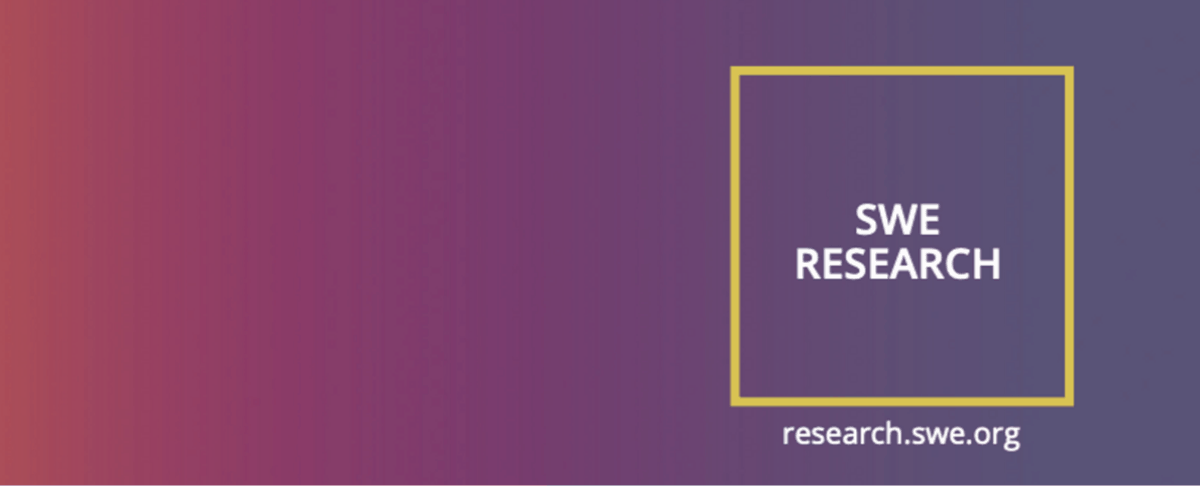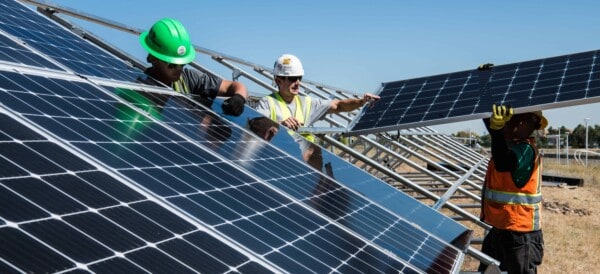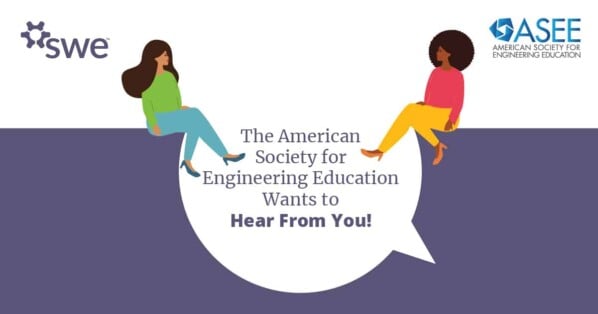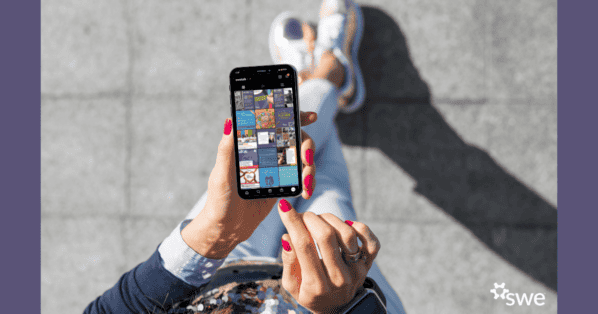Exploring the Effects of Academic Climate and Social Networks on STEM Persistence
Social networks are the relationships that offer useful resources for members of that network, and previous research has indicated that underrepresented in groups in STEM are less likely to have access to such networks. Dr. Chrystal Smith and Dr. Michelle Miller focused on the LGBTQ+ student population to try to understand how their experiences within STEM may explain their persistence choices. SWE assisted the researchers with their data collection efforts, sharing their call for participation with our membership.
Utilizing social capital theory and methodology, and building on a handful of predominately qualitative studies to understand the effects of faculty, peer, and social networks on the LGBTQ+ population, the researchers developed a survey instrument that can be used by future researchers to study all STEM students in a more inclusive manner. Using this survey and interviews with undergraduate students in STEM, Dr. Smith and Dr. Miller shared their key findings with us.
From their interviews with 29 LGBTQ+ undergraduates majoring in STEM:
- Participants’ perceptions of the inclusiveness in their STEM programs were affected by their perceptions of how their STEM program acted toward other marginalized identities, especially race/ethnicity.
- LGBTQ+ participants experienced negative attitudes toward their self-presentations. In response, participants generally engaged in gender conformity and self-silencing.
- All trans/gender non-binary participants reported that they needed to be strategic about where, when, and how to reveal their identity to faculty, staff, and peers in their STEM program. They noted that involvement in non-STEM academic programs and/or queer-friendly organizations facilitated their persistence in STEM.
- Participants reported both negative and positive institutional climates, characterized by either department passivity toward inclusion and impersonal department climates or visible lists of LGBTQ+ faculty, support of LGBTQ+ students on syllabi and through organizations, and inclusion campaigns.
From their survey data from over 470 undergraduate students attending universities across the U.S., 77% of whom reported they were women, 36% were underrepresented minorities, and 31% reported that they were bisexual:
- The most common microaggressions heard by all participants were against women (33%) and ethnic minorities (31%). Approximately, 28% witnessed microaggressions against women and 22% against ethnic minorities.
- 35% of the whole sample personally experienced microaggressions against women.
- 11% of the whole sample personally experienced microaggressions against ethnic minorities and 12% against sexual minorities.
- Participants whose social networks are comprised of people of the same ethno-racial background reported receiving more support from those individuals.
- 63% of the sample were members of two or more organizations such as Society of Women Engineers, oSTEM, and National Society of Black Engineers
- The more organizations participants are involved in the larger their support networks.
- The majority of participants were out about their sexual orientation and gender identity to close friends or relatives, but not to STEM peers, faculty, or staff.
- 99% reported that they intended to stay enrolled at their current department at their current university: 11% reported that their intention to stay enrolled is related their LGBTQ+ experiences. Qualitative survey data indicates their experiences were both positive and negative.
- 17% have already switched departments or universities. The majority of these reported that their LGBTQ+ experiences had little to do with the decision to switch.
The researchers hope that their work will help inform interventions to enhance all undergraduates’ success in STEM. They have shared their findings with the six STEM national professional organizations that participated in the study (including SWE), and with various academic audiences.
Below is the poster presented at the Society of Applied Anthropology annual meeting in March 2019.
Related Content:
- SWE Research Partner to Offer Free COVID-19 Legal Helpline for Workers
- Infographic: Latest Research on Community College Student Success in Engineering
- SWE Survey Report: Impact of COVID-19 on Women in Engineering and Technology
Author
-

Roberta Rincon oversees SWE's research activities on gender equity issues affecting girls and women in engineering, from school to career.





